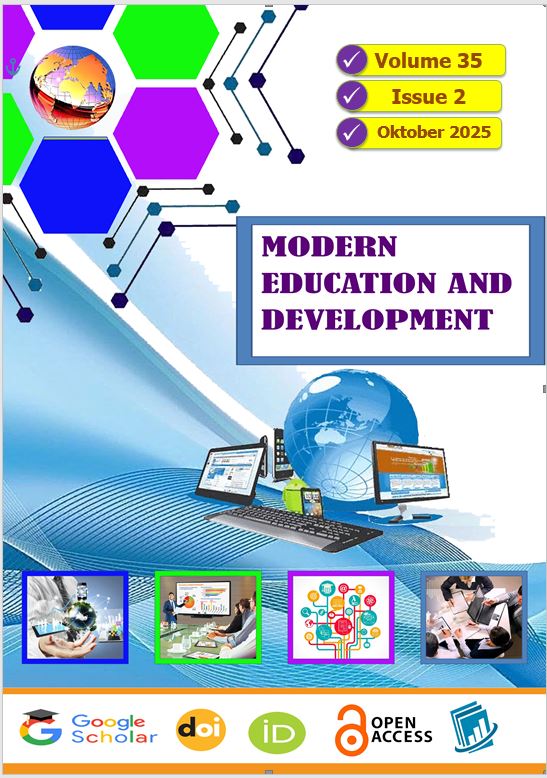ANALYZING ANIMAL CONCEPTUAL METAPHORS IN JAPANESE KOTOWAZA: A COGNITIVE-LINGUISTIC PERSPECTIVE
Keywords:
Japanese kotowaza, animal conceptual metaphors, cognitive linguistics, cultural cognition, moral values, conceptual metaphor theory, Lakoff and Johnson, paremiology, metaphor and culture, Japanese worldviewAbstract
This analytical article critically examines Al Hakimi (2024), who investigates animal conceptual metaphors in Japanese kotowaza (proverbs) through the lens of cognitive linguistics. The study’s integration of semantic, cultural, and cognitive dimensions provides significant insight into Japanese moral values and worldview. However, the research also presents limitations in scope and analytical depth. This article evaluates Al Hakimi’s methodology, theoretical framework, findings, and implications, while situating them within broader scholarship on metaphor and proverb studies.
Downloads
Published
2025-10-10
Issue
Section
Articles

